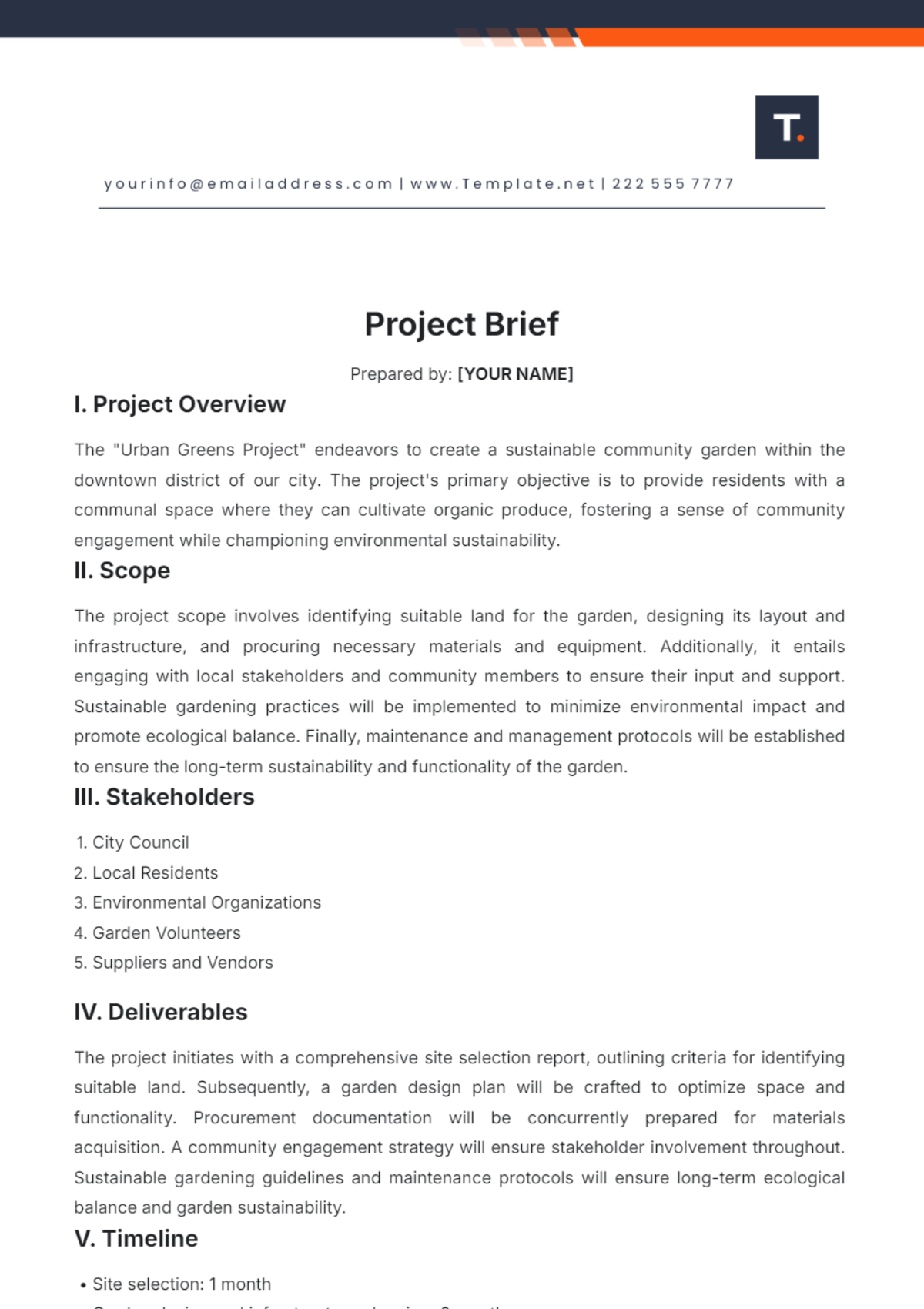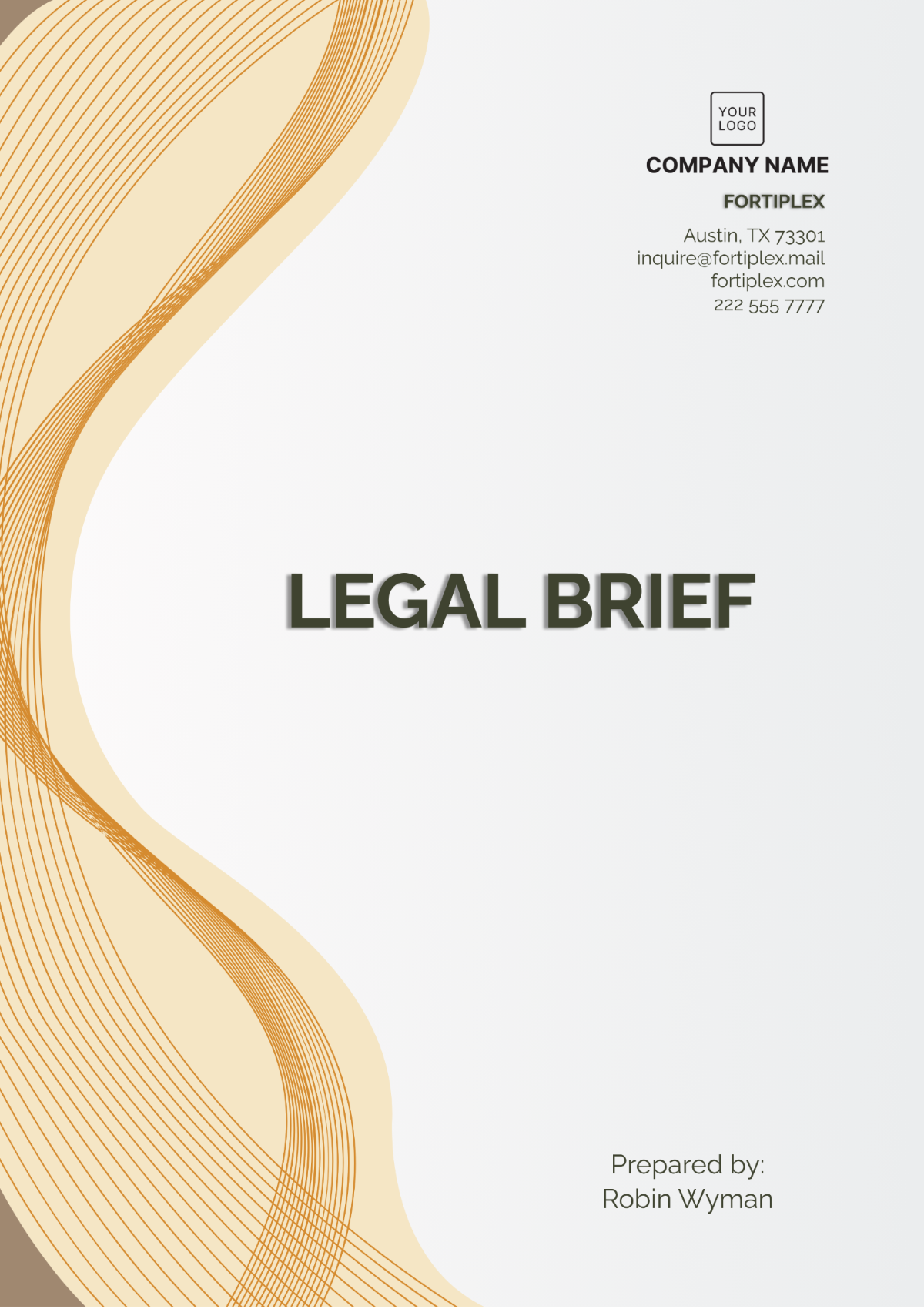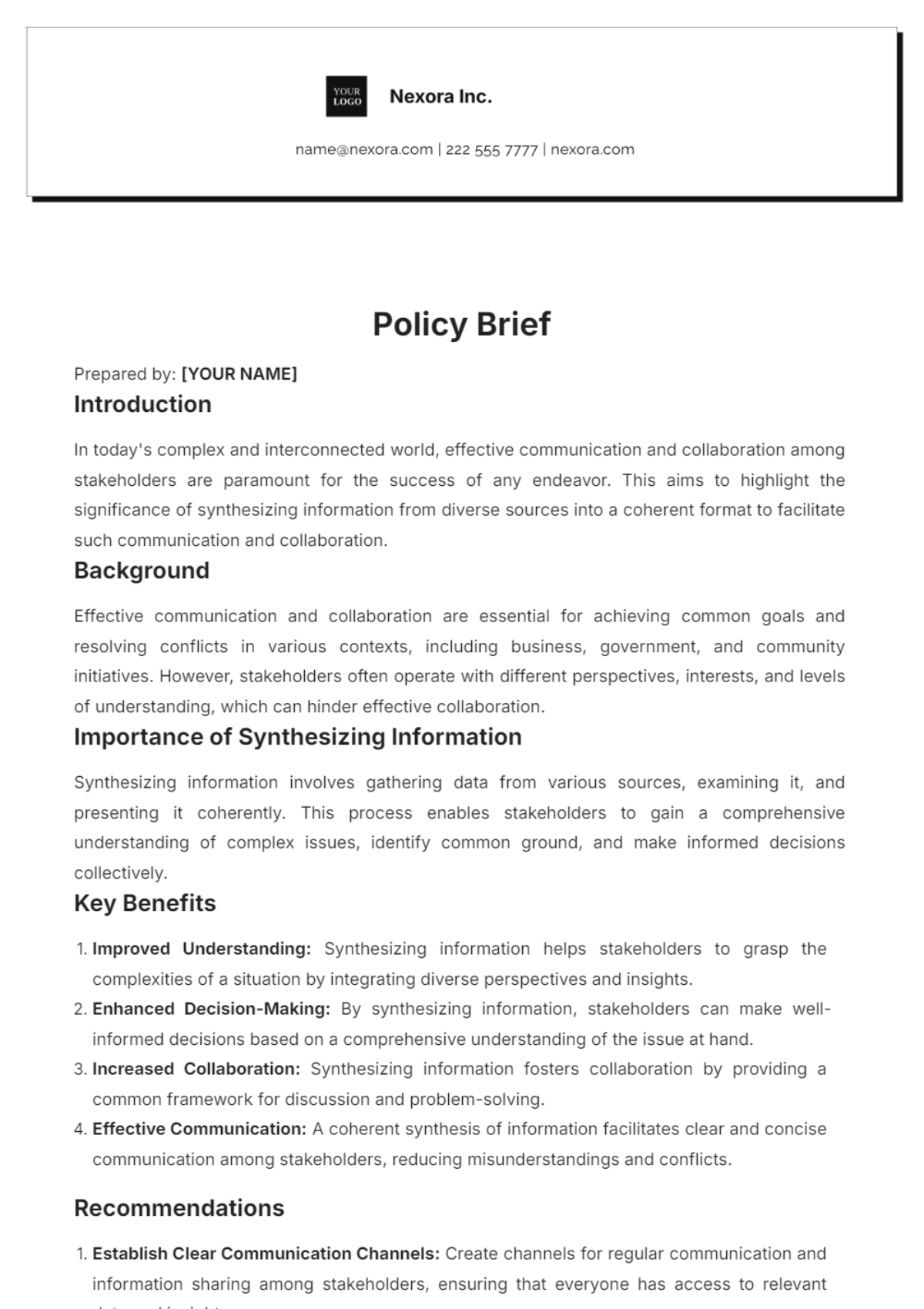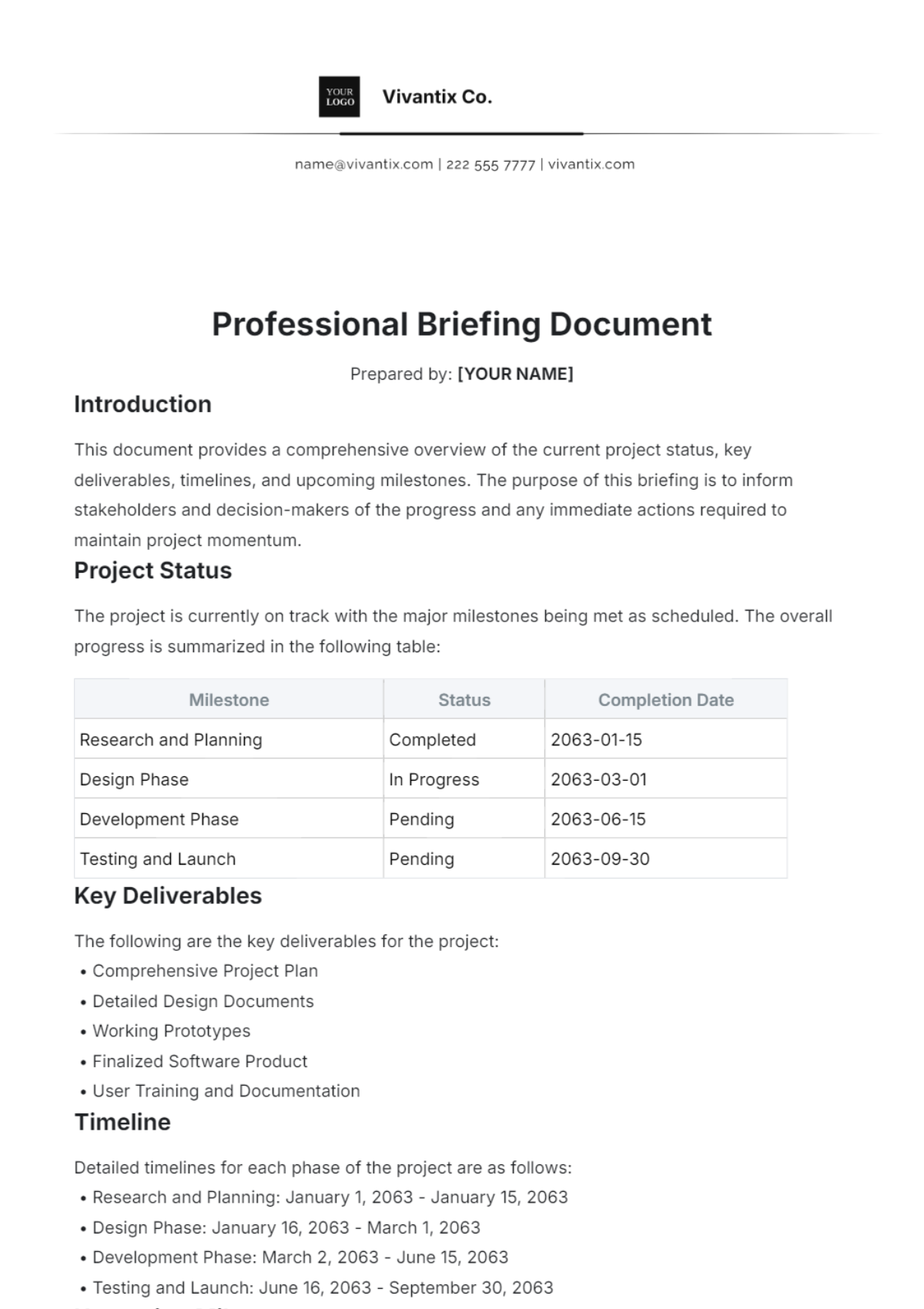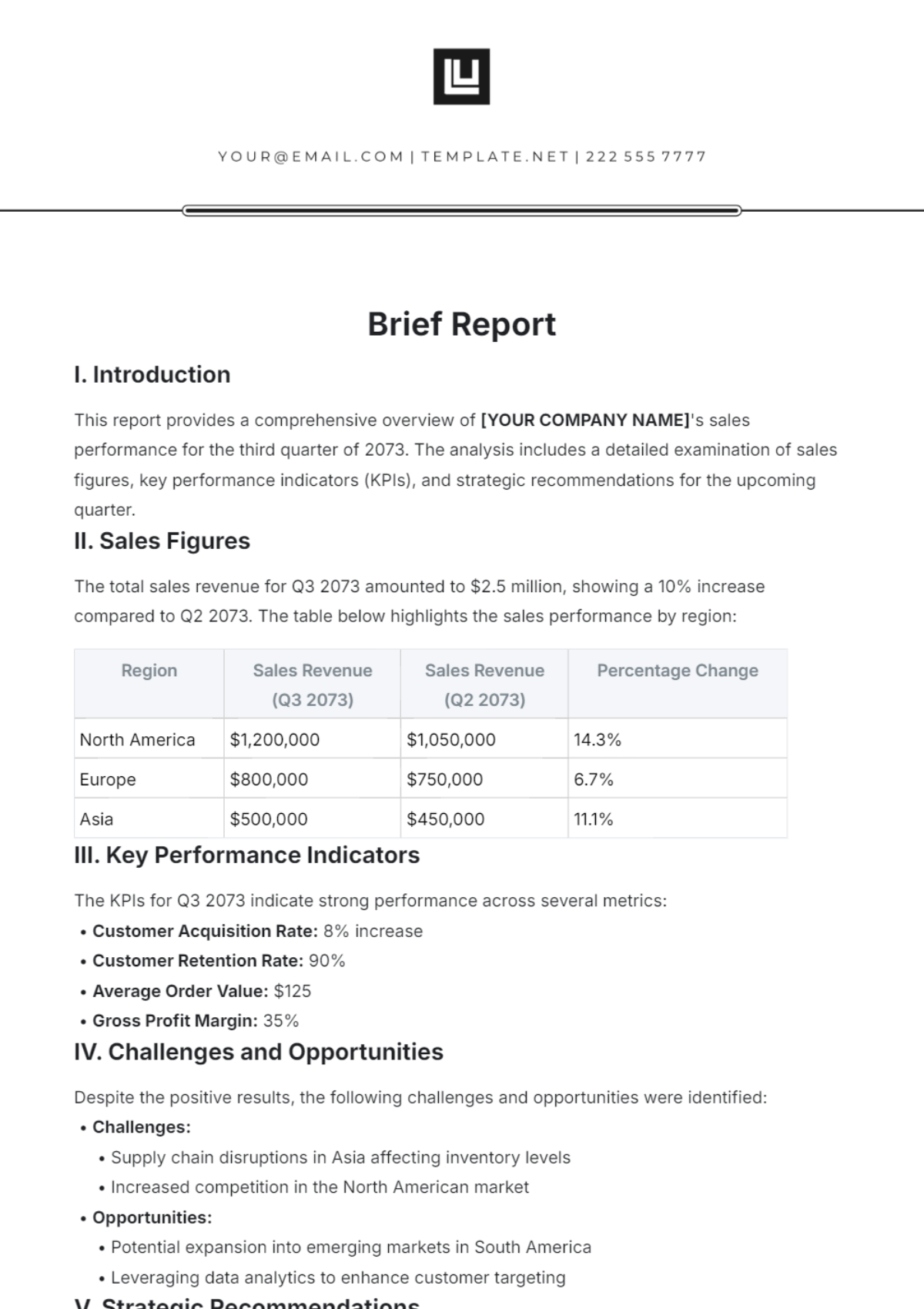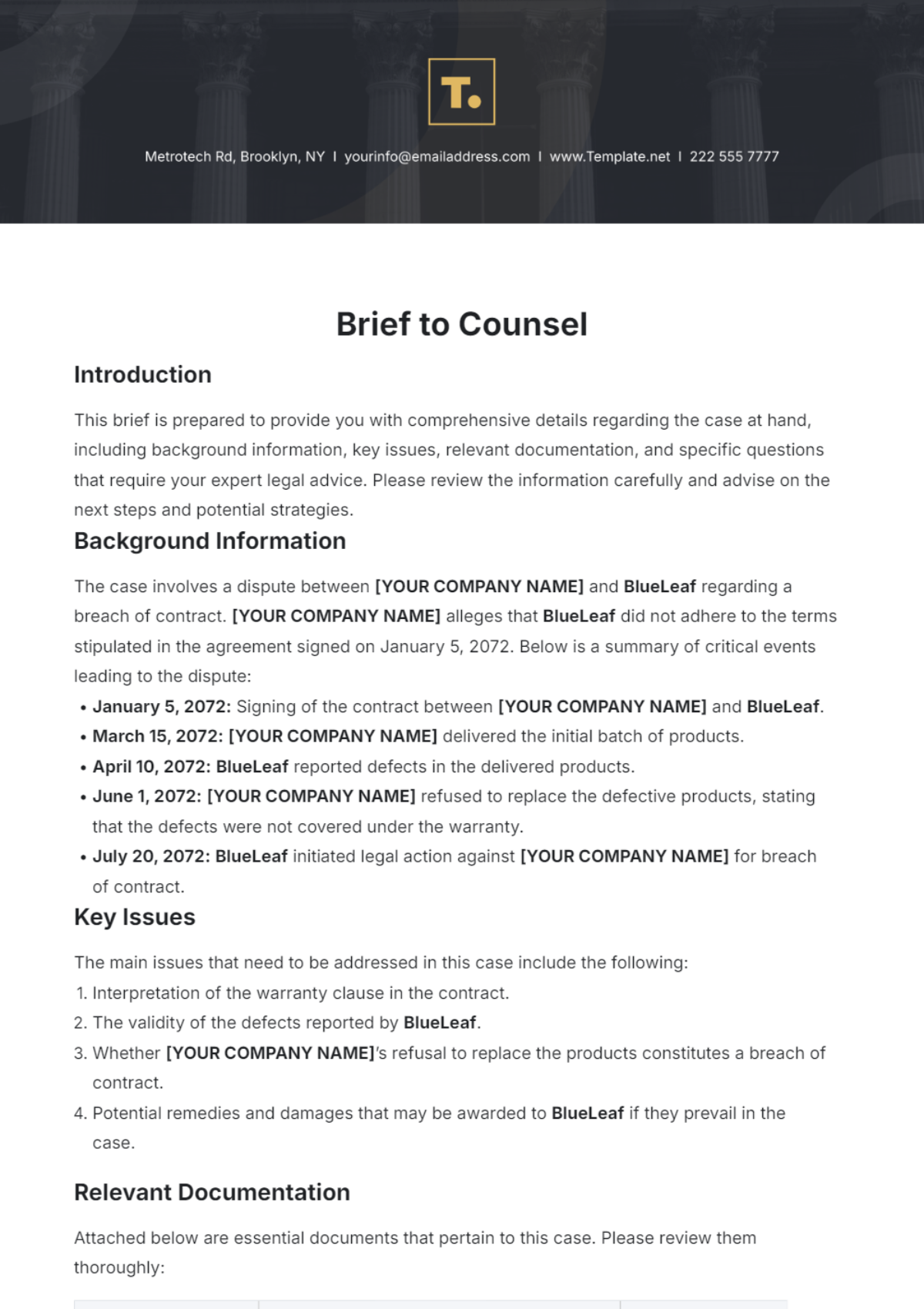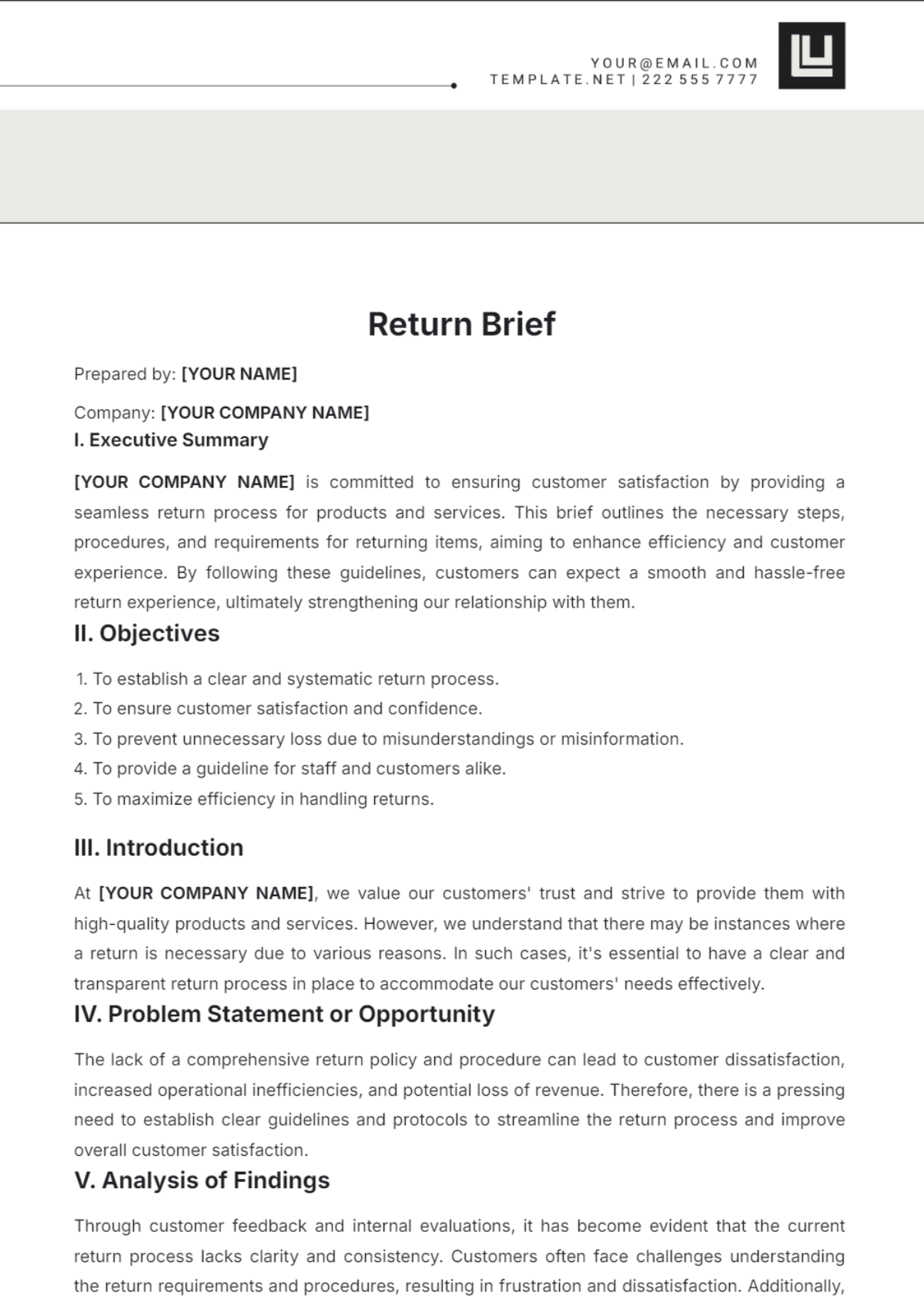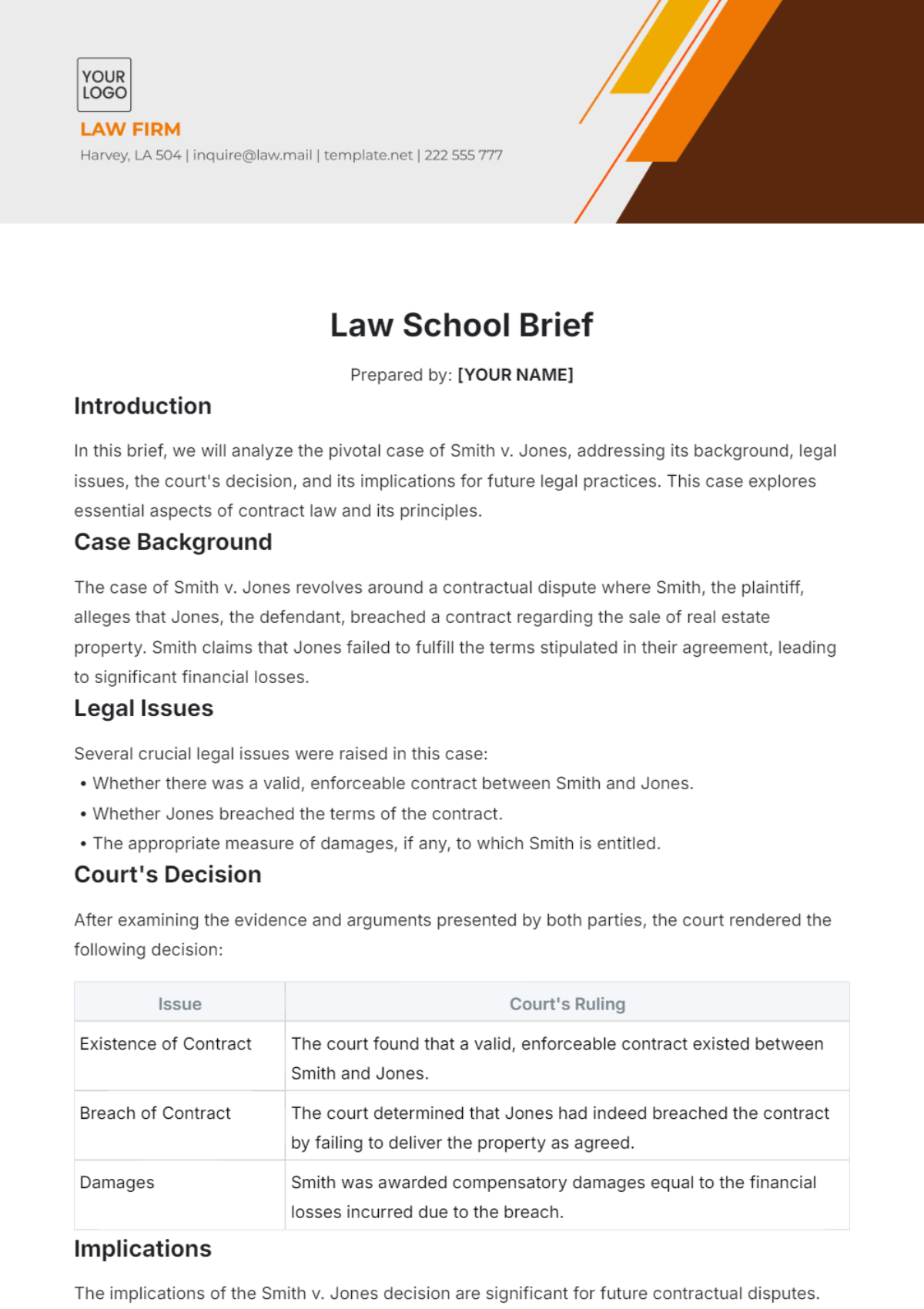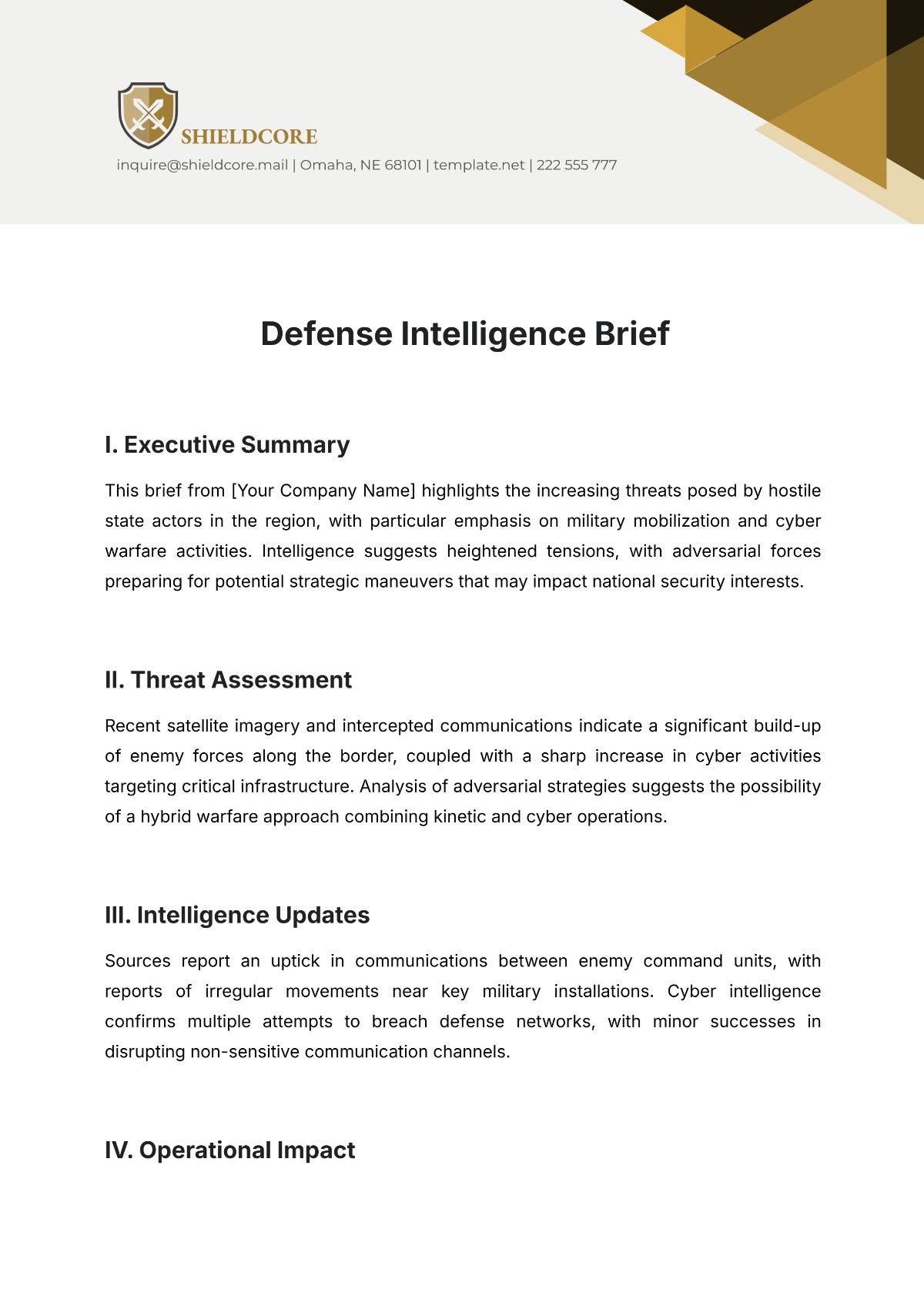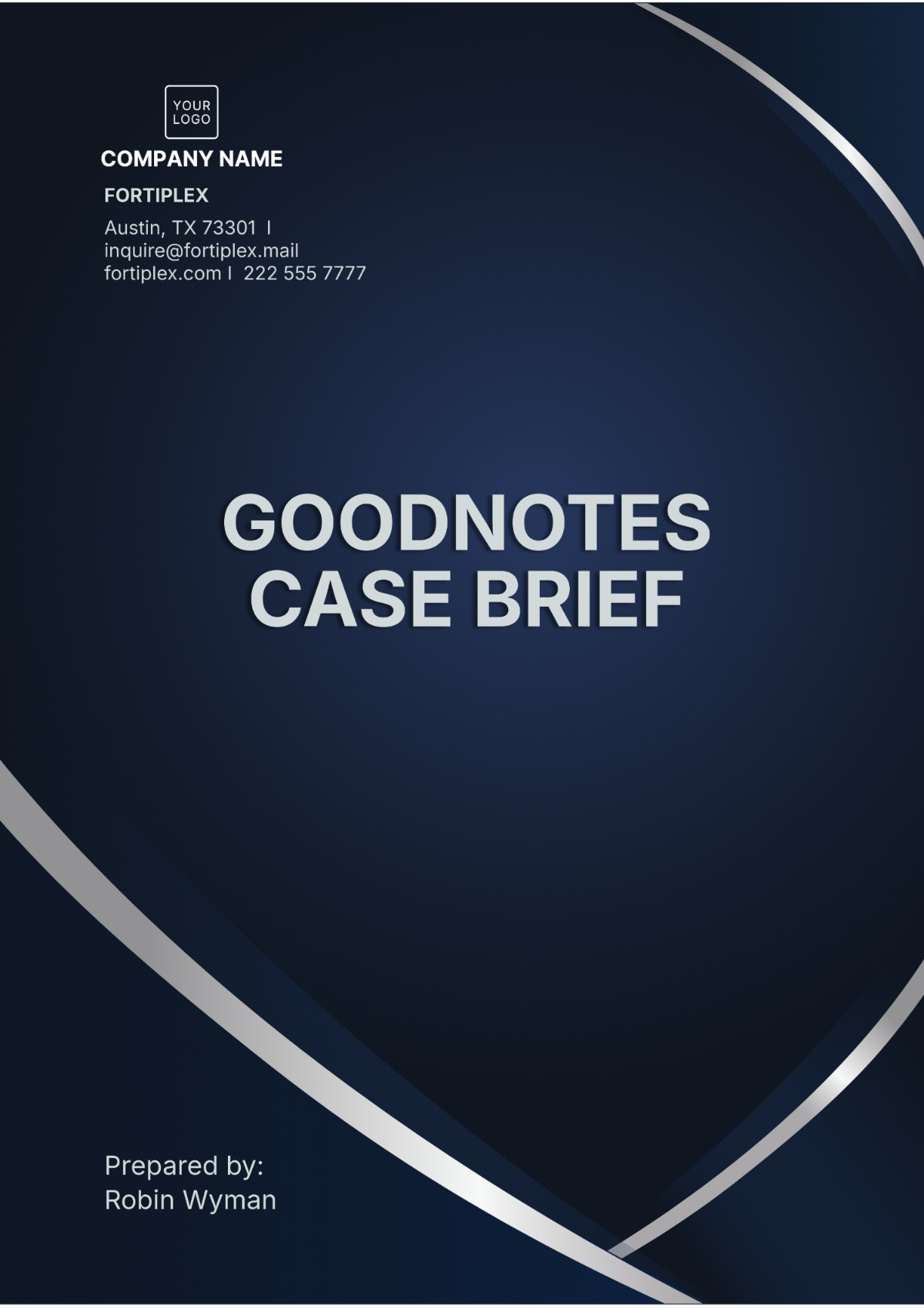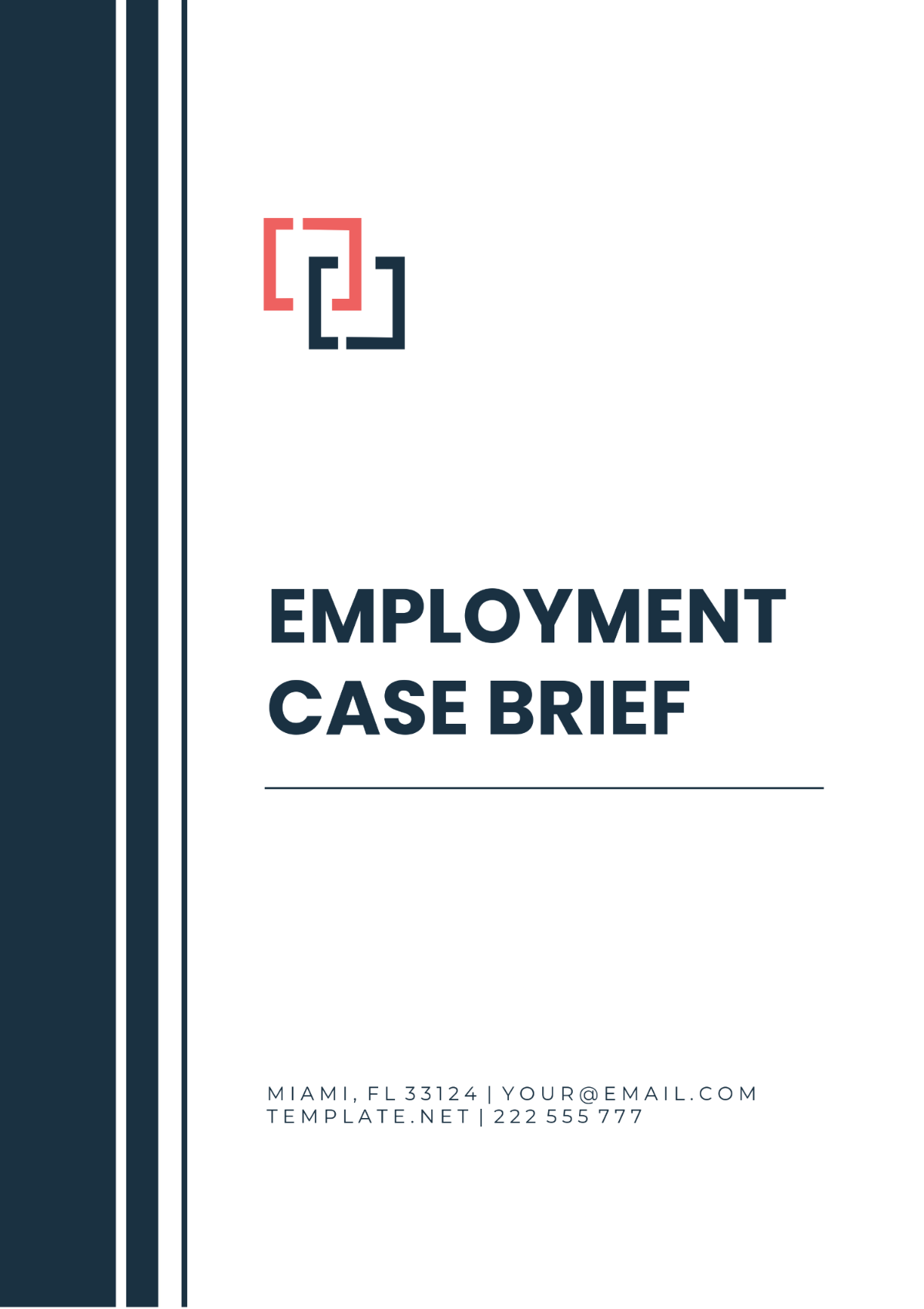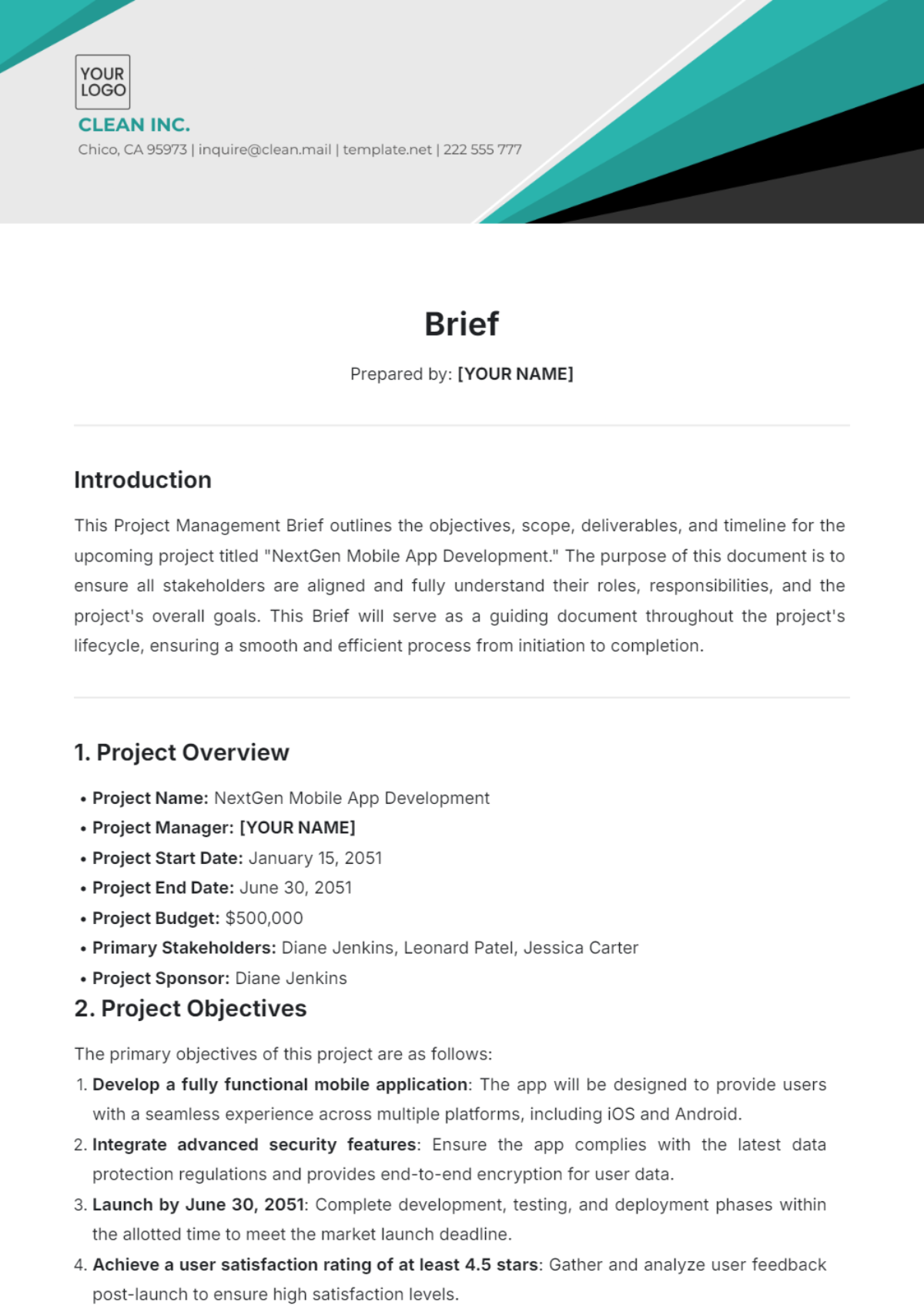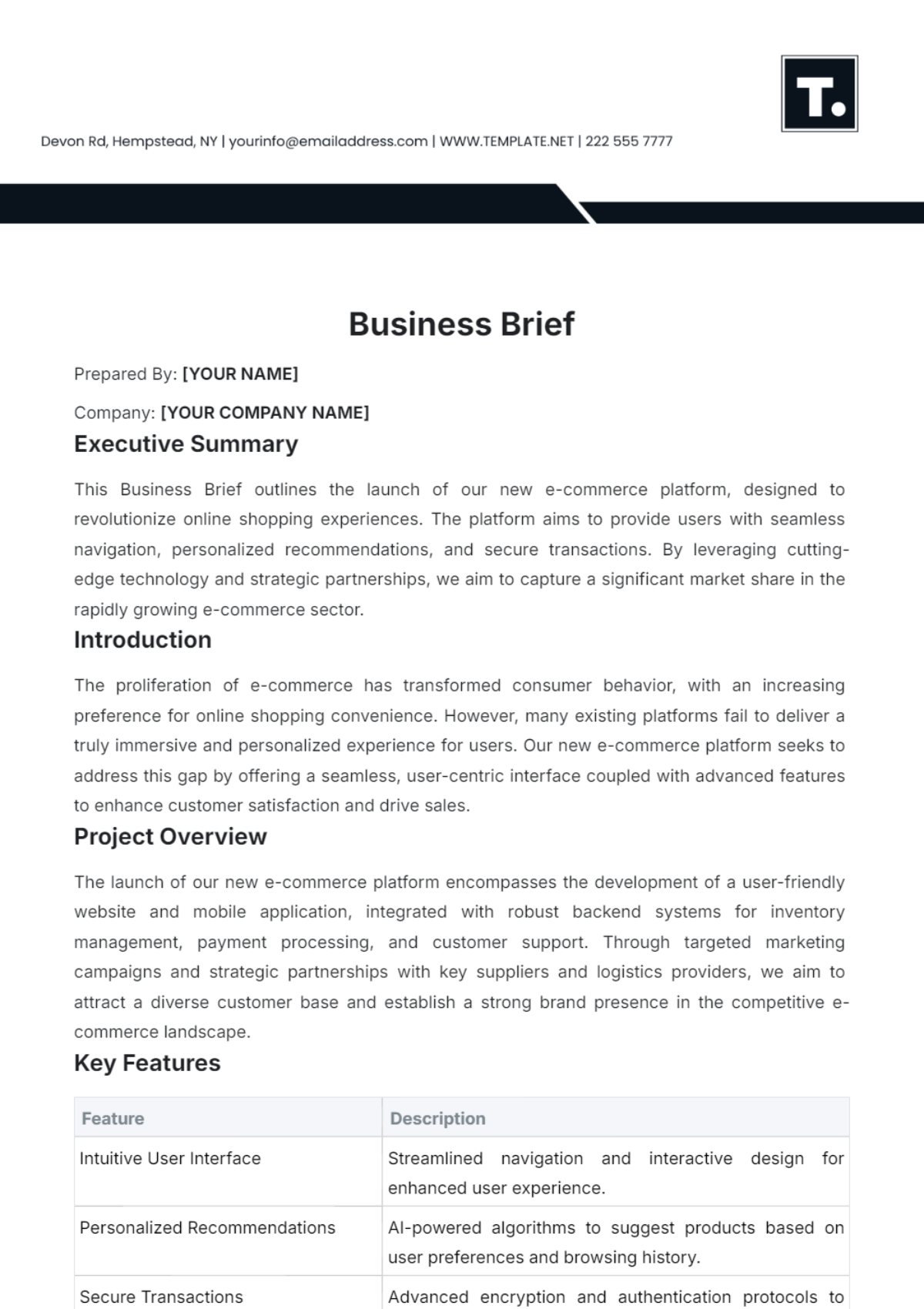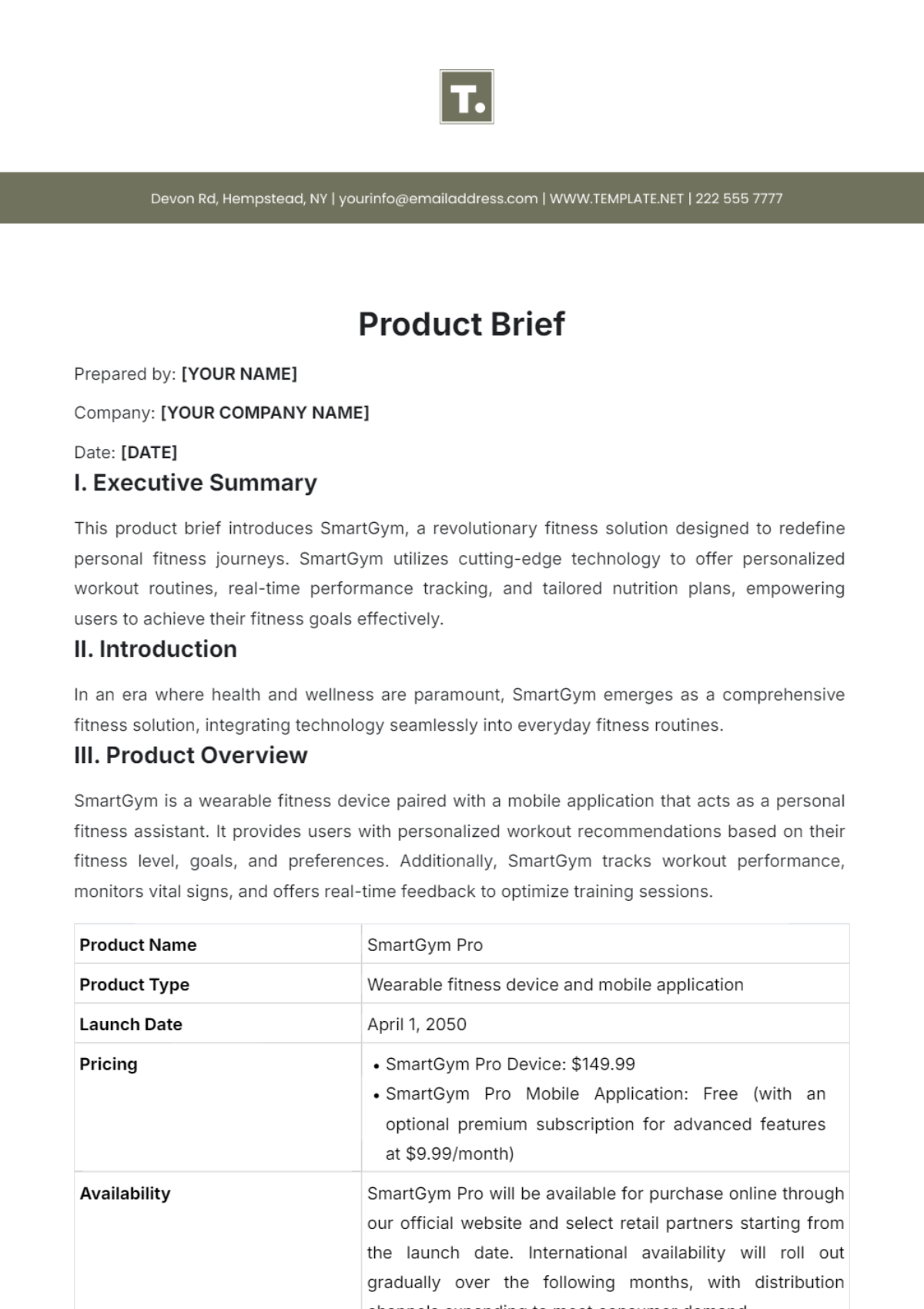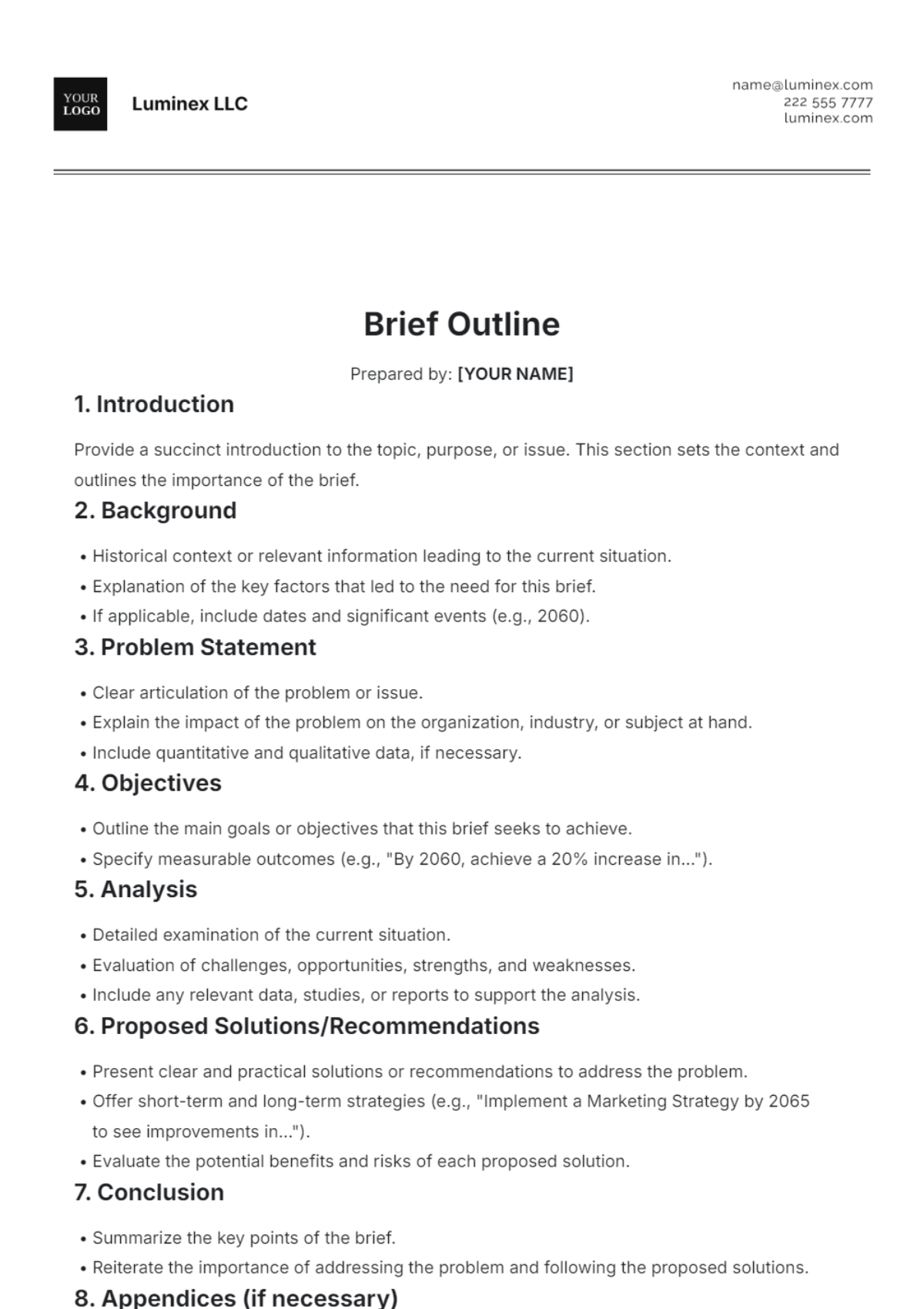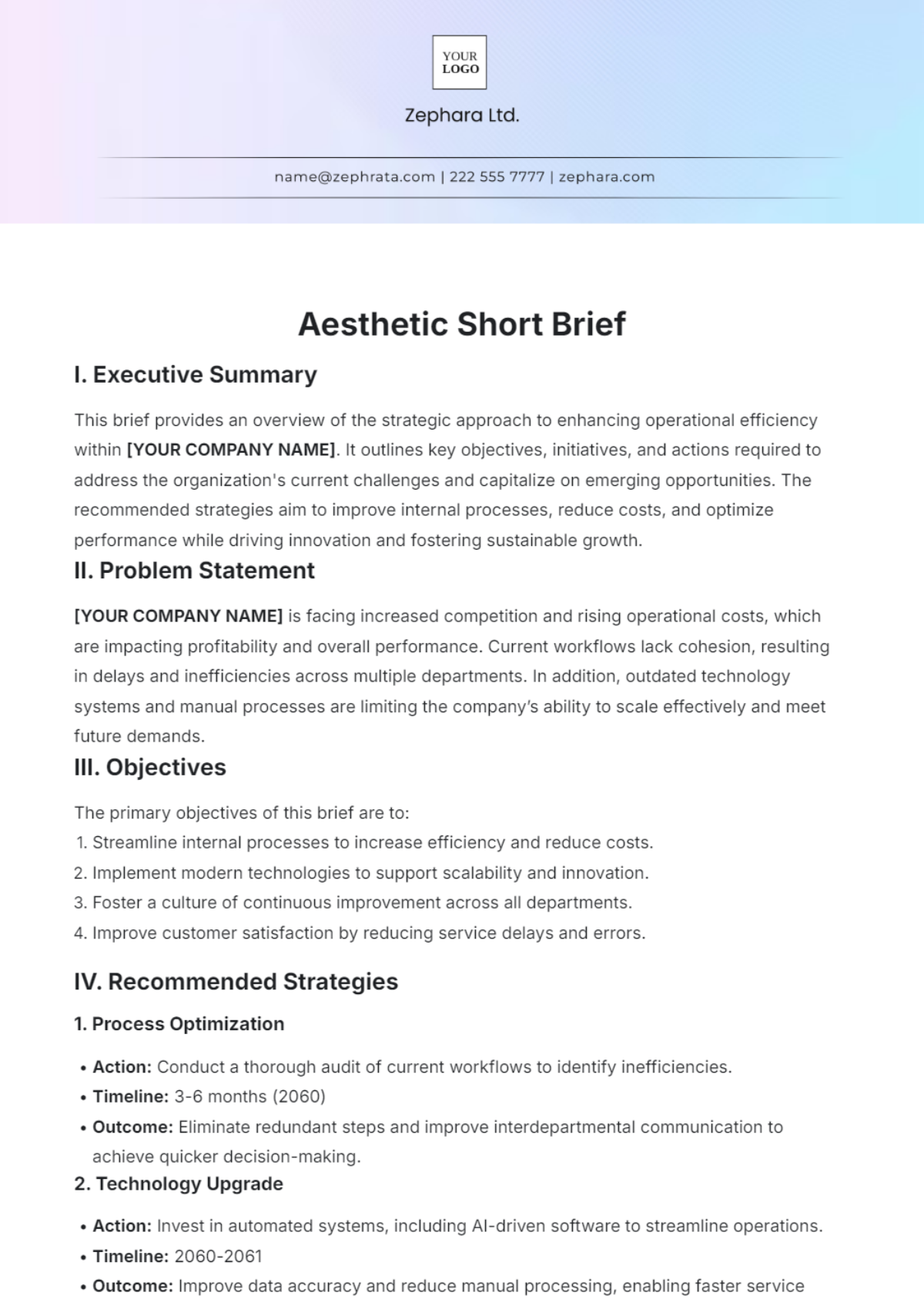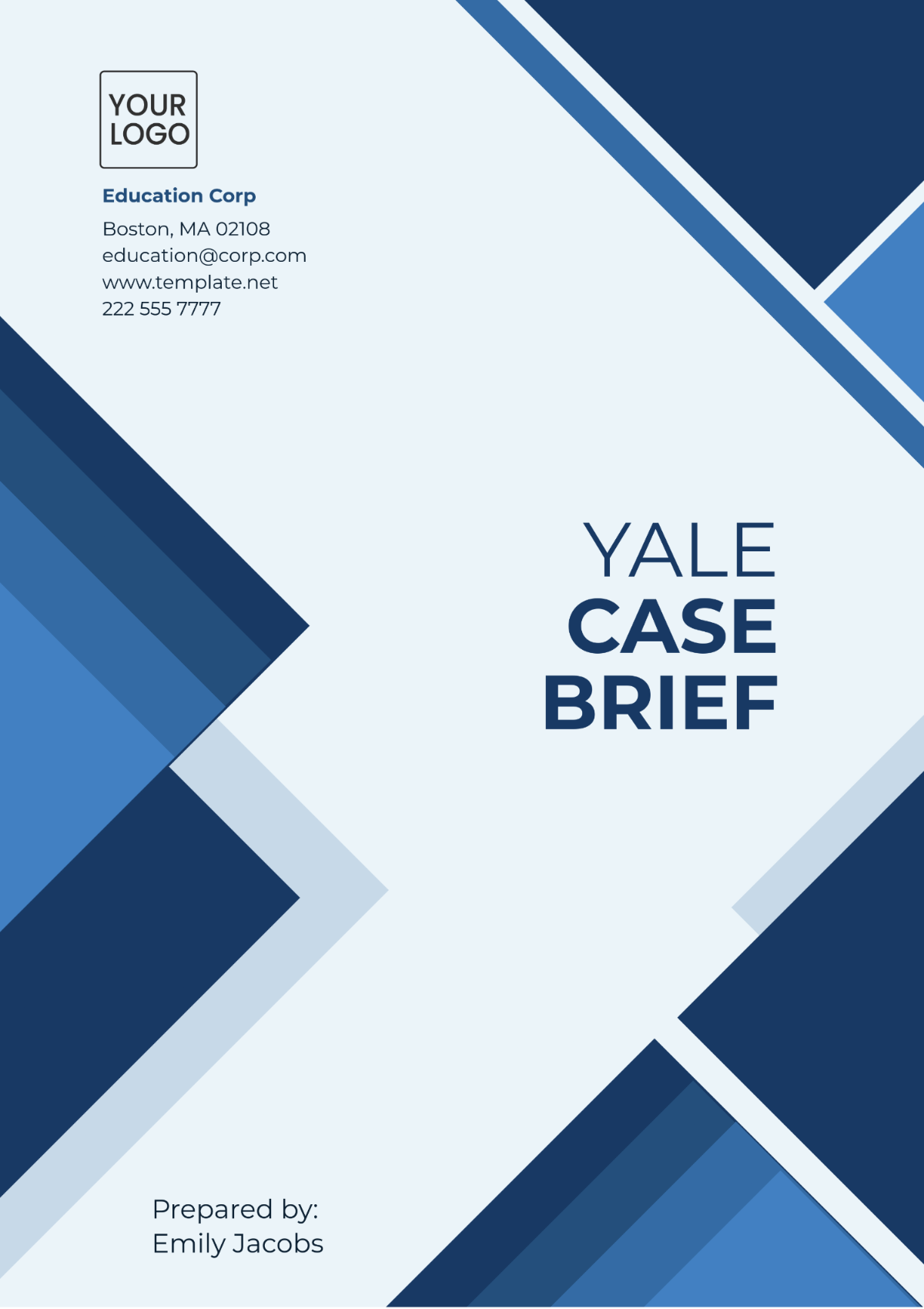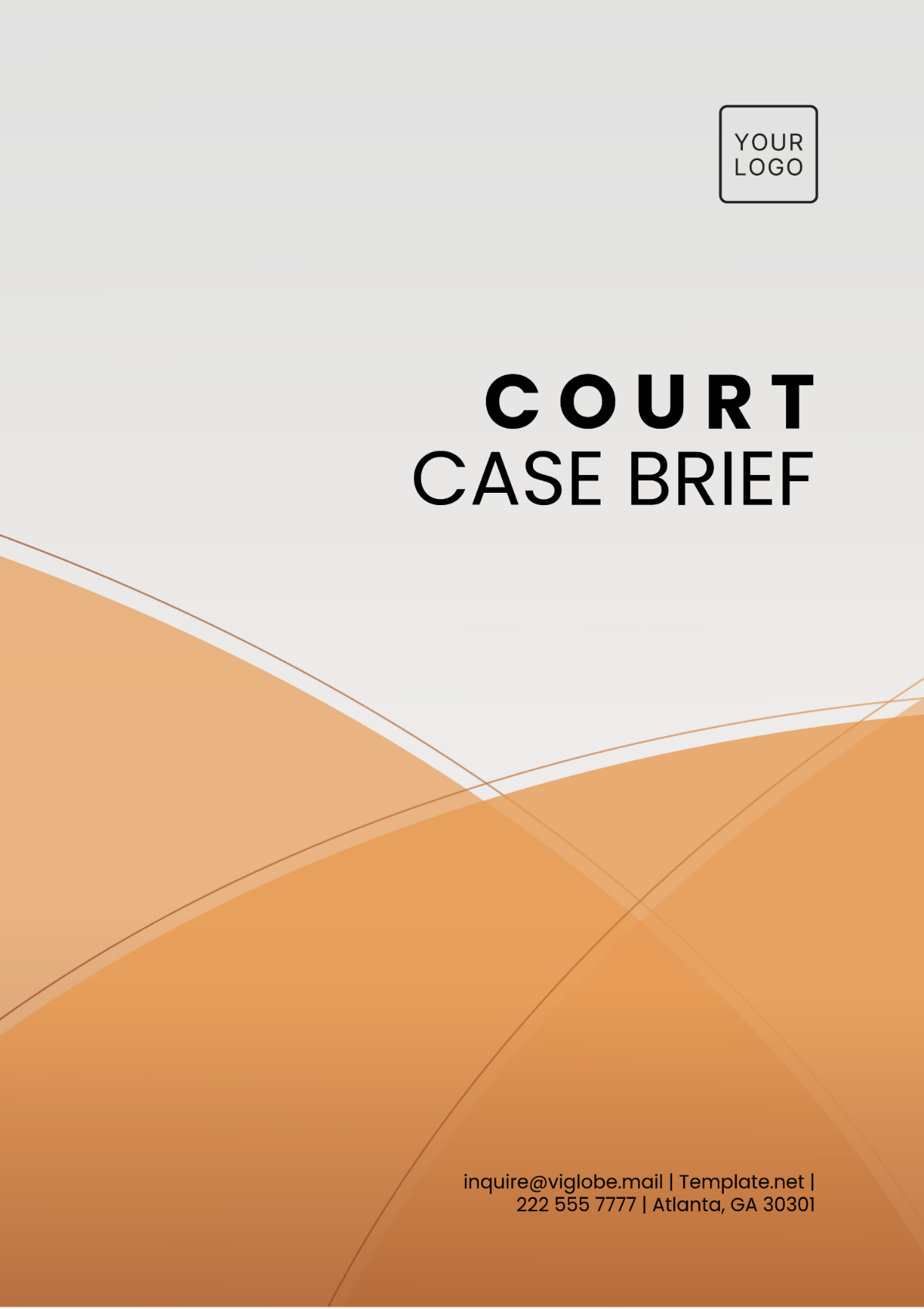Case Brief Assignment
I. Case Citation
Roe v. Wade, 410 U.S. 113 (1973)
II. Parties
Appellant: Jane Roe
Appellee: Henry Wade
District Attorney of Dallas County, Texas
III. Court
United States Supreme Court
IV. Date
Decided on January 22, 1973
V. Facts
In 1970, "Jane Roe," a pseudonym for Norma McCorvey, filed a lawsuit against Henry Wade, the district attorney of Dallas County, Texas. McCorvey was pregnant and sought to terminate her pregnancy but was unable to do so under Texas law, which criminalized most abortions except in cases where the mother's life was at risk. She challenged the constitutionality of the Texas abortion laws, arguing that they violated her rights under the Fourteenth Amendment.
VI. Issue
Whether the Texas abortion laws violated the Due Process Clause of the Fourteenth Amendment, which protects an individual's right to privacy.
VII. Rule
The Court recognized a woman's right to privacy, which encompasses the decision to terminate a pregnancy, as protected by the Due Process Clause of the Fourteenth Amendment. This right is not absolute and must be balanced against the state's interests in regulating abortions to protect maternal health and potential life.
VIII. Application
The Court applied the "strict scrutiny" standard to analyze the Texas abortion laws, finding that they imposed an undue burden on a woman's fundamental right to privacy without a compelling state interest. The state's interest in protecting potential life becomes compelling only after the point of fetal viability, typically around the end of the second trimester. Before viability, the state's interest is insufficient to outweigh a woman's right to choose to terminate her pregnancy.
IX. Conclusion
The Supreme Court, in a 7-2 decision, ruled that the Texas abortion laws were unconstitutional as they violated a woman's right to privacy under the Due Process Clause of the Fourteenth Amendment. The decision invalidated similar laws in other states and established a woman's right to choose to have an abortion within certain limits. Roe v. Wade remains one of the most significant and controversial decisions in U.S. constitutional law.
X. Analysis
The Court's decision in Roe v. Wade has had profound implications for reproductive rights and constitutional law. It has been both praised as a landmark victory for women's autonomy and criticized as judicial activism. Subsequent rulings, such as Planned Parenthood v. Casey (1992), have modified the legal framework established in Roe but have upheld its central holding. Roe v. Wade continues to be debated in legal, political, and social spheres, shaping ongoing discussions about abortion rights and constitutional interpretation.

